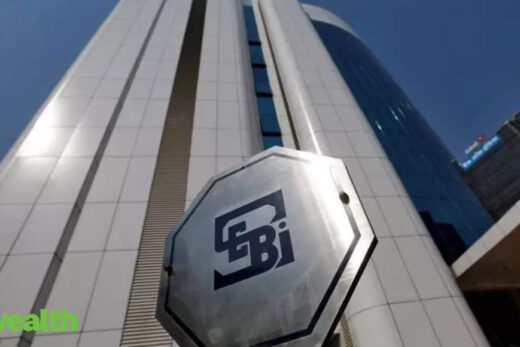Something similar happened with the blockbuster listing of online food aggregator
. The most-awaited initial public offering of the year saw its value rise more than 65 per cent on the day of its market debut on July 23.
By the time August came, those gains had exceeded the 80 per cent mark for the anchor investors of the IPO. For the 186 anchor investors, which included 19 domestic mutual funds, these were mouth-watering returns.
In August, when the one-month lock-in period for anchor investors ended, many rushed to book partial profits in the stock to capitalise on the gains. Out of the 19 mutual funds that participated in the anchor allotment of Zomato IPO in July, eight turned sellers of the stock in August, data compiled by East India Securities showed.
Among the prominent names that sold the stock in August were four of the six biggest mutual fund houses in India by asset under management – ICICI Prudential MF, HDFC MF, Nippon India MF and Kotak MF. Together the four mutual funds accounted for 70 per cent of the Zomato stocks that mutual funds sold during the month.
Market participants say the partial profit booking by these funds may indicate their outlook for limited upside in the near term after robust gains since listing. In reality, Zomato’s shares did fail to build on the strong listing gains it had seen.
However, some mutual funds showed conviction in the stock by buying additional shares in the secondary market despite participating in the anchor issue.
Six out of the 19 mutual funds that bought Zomato’s stock in the anchor issue added some 21.8 million shares of the company to their portfolios in August, data showed. Among the prominent MFs that were buyers of the Zomato stock in August included Aditya Birla Sun Life MF, Axis MF and Mirae Asset Management.
The conviction of the six mutual funds which bought the stock in August echoed the optimism shown by a string of foreign and domestic brokerage firms over the past few weeks.
Brokerage firm ICICI Securities last month initiated coverage of the stock with a price target of Rs. 220, the highest target so far on the Street, and a buy call.
Brokerage firm UBS Securities India, which also gave a buy recommendation on the stock, suggested that the company could generate revenues at 40 per cent annually over the coming years.
“We believe investors will be willing to pay a premium valuation for Zomato as long as the company is able to maintain an elevated growth profile and a dominant market position,” brokerage firm Goldman Sachs said in a recent note.



